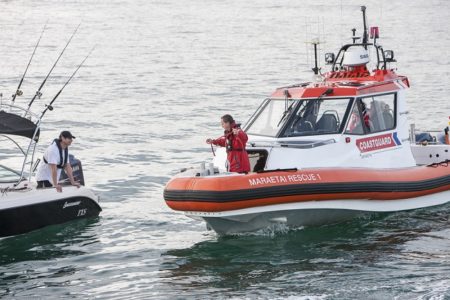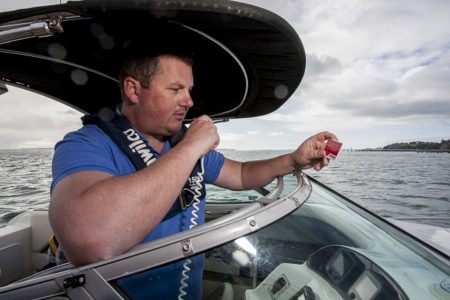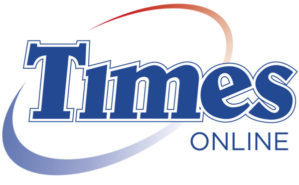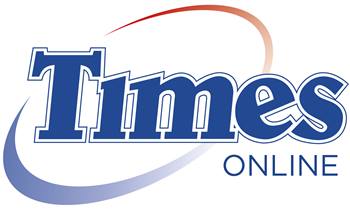
Coastguard have an important message for all boaties heading into Labour Weekend: if you can’t call for help, we can’t rescue you.
This has been a core message of Safer Boating Week which ends today.
“With more boaties starting to get back on the water this weekend after winter, it’s important to remember how to keep safe,” says Coastguard CEO Patrick Holmes.
“Alongside a lifejacket, waterproof forms of communication, such as a marine VHF radio or an Emergency Position Indicating Radio Beacon (EPIRB), are the best things to take with you while boating.
“While a lifejacket will help prevent you from drowning, a marine VHF radio means you can contact someone for help and this increases your chances of survival.”
Coastguard volunteers know just how important it is for boaties to have waterproof communications. Last year volunteers from Coastguard Tauranga came to the rescue of a man stranded on his yacht after the steering suddenly failed, and he triggered his EPIRB to get help.
The seasoned yachtie was battling an angry, ferocious sea and was unable to get back safely to shore. His rescue beacon gave Coastguard volunteers his location, and he kept in contact with them via his VHF radio as they made their way over to help him.
“Rescues like these highlight just how important it is to carry two forms of waterproof communications,” says Mr Holmes.
“The man was stranded at sea for 12 hours when he was saved. Who knows how much longer it could have taken, or if we would have reached him in time, if he didn’t have the ability to communicate with his rescuers.
“Lifejackets and waterproof communications work together, and they are both essential to keeping you safe on the water.”
Not only is it vital to carry a VHF radio, knowing how to use one correctly is a legal requirement.

“Any person operating a maritime VHF radio must hold a Maritime VHF Radio Operator Certificate, unless they are using it in an emergency or a distress situation,” says Mike Brown, Coastguard boating education’s general manager.
“The Coastguard Boating Education Maritime VHF Radio Operator Certificate ensures people are confident using a VHF radio as well as other search and rescue equipment like EPIRBs,” says Brown.
“We offer the option to learn online or in a classroom as we want this course to be accessible to as many people as possible, having the skills to use a VHF radio properly and with confidence can be the difference between life and death.”
- To book a Maritime VHF Radio Operator Certificate course visit www.boatingeducation.org.nz.
- For more information about safer boating visit www.saferboating.org.nz.








